Why did she stay? Royal experts explain why Queen Elizabeth never gave up the throne.
8 Reasons Why Queen Elizabeth Never Gave Up the Throne
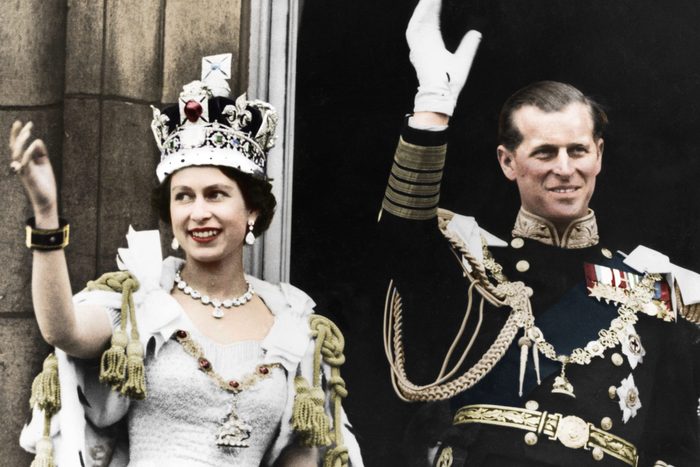
Queen Elizabeth was dedicated to the people of Great Britain
Even before she started her reign, young Queen Elizabeth made a promise on her 21st birthday to the people of the United Kingdom. “I declare before you all, that my whole life, whether it be long or short, shall be devoted to your service and the service of our great imperial family to which we all belong,” she stated in a 1947 radio address from Cape Town, South Africa.
Over the next 75 years, Elizabeth never wavered in her devotion to the British people. In fact, she renewed her lifelong commitment on numerous occasions, including on the 70th anniversary of her accession day. “My life will always be devoted to your service,” she said, recalling her 1947 pledge.
Even in her golden years, the queen never considered stepping aside, Bowie says. “While The Crown hints that the late monarch considered the idea of turning things over early to Prince Charles, that is very much an embellished take,” she says. “Instead, the former Archbishop of Canterbury, George Carey, recently revealed that Queen Elizabeth once told him she [couldn’t] resign.”
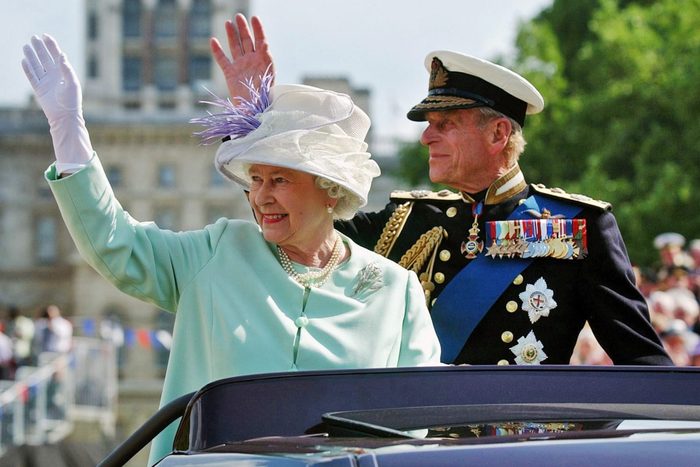
“Queen” was never a job title but a state of being
Being queen was not merely a job for Queen Elizabeth—it was who she was. Like other monarchs, she wasn’t elected, hired or appointed ruler. Because the British monarchy is a constitutional monarchy, the order of succession to the throne is dictated by law. It is strictly hereditary and has long meant an “absolute right to rule” for the duration of the monarch’s life.
This was how she approached her royal responsibility, and why abdicating was never an option for Queen Elizabeth. The fact that the British monarch is also the highest-ranking member of the Church of England lends credence to the notion of the monarch’s “divine appointment,” which is another way of expressing the concept of the absolute right to rule.
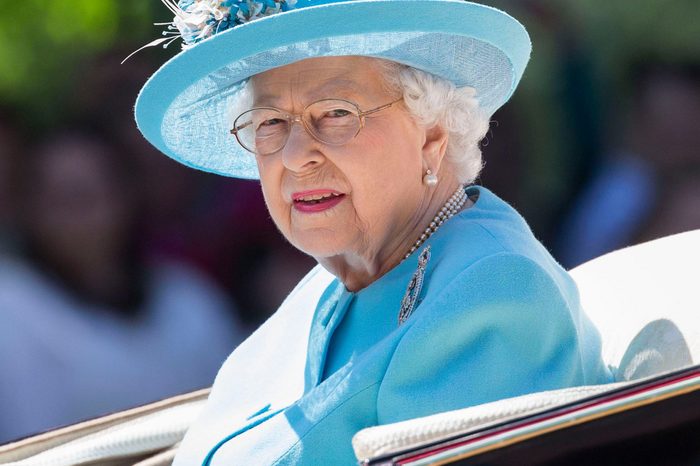
Abdication is a drastic step
Abdication isn’t merely retiring or taking a step back from duties—it means renouncing the throne. When King Edward VIII, Queen Elizabeth’s uncle, abdicated in 1936, he set off a constitutional crisis that threatened the very existence of the monarchy. Perhaps no one understood that better than Elizabeth, who had a front-row seat to the drama. After Edward abdicated, the queen’s father, George VI, became king.
“It definitely impacted her, and was quite the shock, as she was named heir apparent at that exact time too,” Bowie explains. “It also completely upended her own family life, which up until that point was largely centered around her father being the ‘spare.'” It’s likely that the turbulence surrounding her uncle’s abdication helped to inspire Elizabeth’s well-known loyalty and devotion to the United Kingdom.
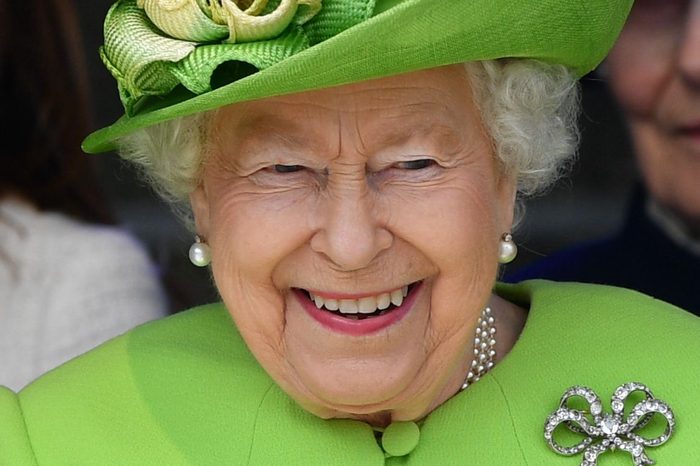
No British monarch has ever abdicated due to advanced age
If Queen Elizabeth had abdicated, it could have been interpreted that she viewed being queen as just a job, not a divine obligation. It also would have represented a break with British monarchy traditions, as no other monarch had stepped down due to age. It’s understandable that the queen wanted to continue the historical legacy of lifelong monarchs.
According to the queen’s former lady-in-waiting and longtime friend Lady Pamela Hicks, Elizabeth was “shocked” when Queen Wilhelmina of the Netherlands abdicated in favor of her daughter in 1948. As Hicks explained in 2022, Elizabeth knew even then that she could never abdicate, because doing so would be inconsistent with the doctrine of the Church of England.
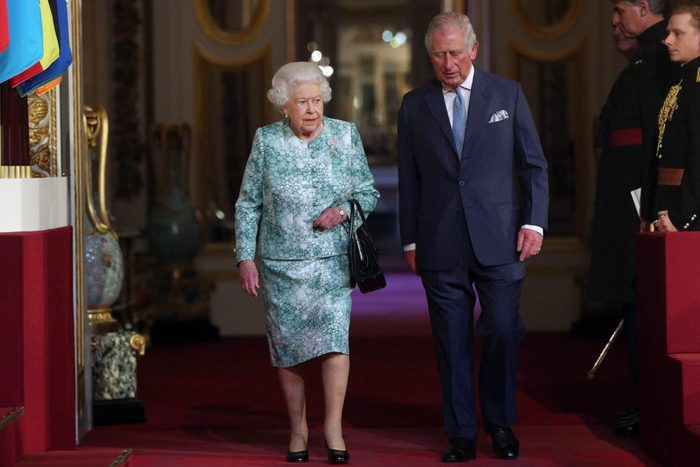
Her heir was not exactly young himself
Even if the queen had abdicated due to her age, her heir apparent (since 1948) was of retirement age himself toward the end of Elizabeth’s reign. Charles was 73 when he became king in 2022.
According to some palace insiders, the public felt that Charles was too old to be king. So had the queen stepped down, it would have basically meant passing the torch from one elderly monarch to another.
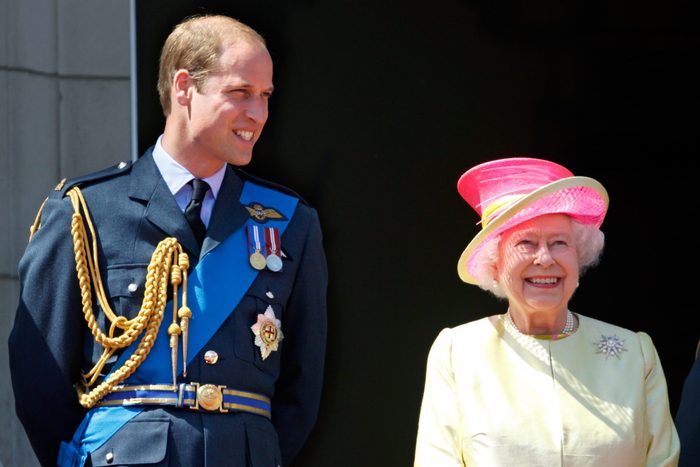
The royal duties were delegated to the younger generation
When the late Prince Philip retired from his duties in 2017, Charles started accompanying the queen to many public events. In 2020, the queen began delegating more and more of her royal duties to her children and grandchildren.
Harris, who is also the author of Raising Royalty: 1,000 Years of Royal Parenting, says that Charles assumed a greater number of her public engagements and had increased decision-making power behind the scenes. Charles, Prince William and Kate Middleton also began traveling overseas to the Commonwealth nations on the queen’s behalf, Harris adds.
With so much help around, the queen was able to uphold British monarchy traditions without taking the extreme action of abdicating. She could instead take a much smaller step back, by sharing her royal responsibilities with the younger generations.

The British people adored her
Decade after decade, Queen Elizabeth captured the public’s love and respect. Though her appeal dipped during the 1990s in the Princess Diana era, the queen’s popularity was at an all-time high—75%—before her death, according to a YouGov poll. Indeed, some loyal subjects queued up in a reported five-mile-long line for up to 30 hours, to pay their last respects as she lay in state at Westminster Hall.
Bowie describes her legacy: “Whether you were a monarchist or not, Queen Elizabeth II was the U.K.’s—but also the world’s—’strength and stay,’ as she once referred to Prince Philip. To be honest, it still feels odd to see the royal family without her.”
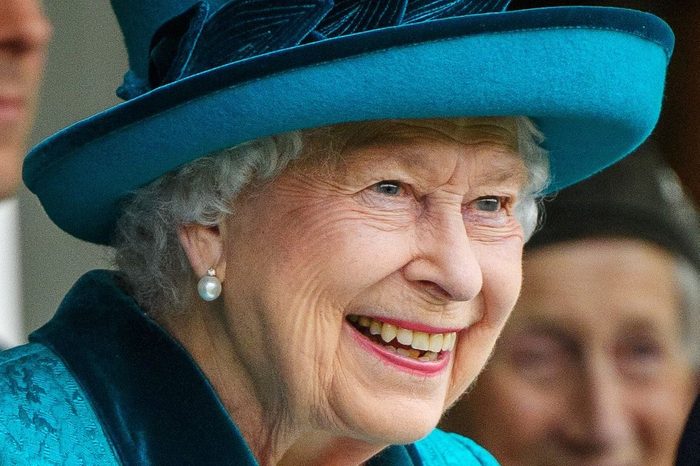
What if the queen had become unable to rule?
In the event that Queen Elizabeth could not act as queen, such as in the case of severe illness, a “regency” would have been formed. A regent is someone who rules in place of someone else, and in this case, Charles would have become the prince regent.
For this to occur, medical evidence would have been required to be presented, and three out of the following people would have had to agree to declare her incapacitated: the lord chancellor, the speaker of the House of Commons, the lord chief justice and/or the master of the rolls, according to the U.K. government.
Of course, that never happened, and the symbolism of duty and continuity in the British monarchy that Elizabeth personified continues on.
About the experts
|
Why trust us
Reader’s Digest has published hundreds of stories on the British royal family, providing a behind-the-scenes look at the fascinating facets of the monarchy. We regularly cover topics including the latest royal news, the history and meaning behind time-honored traditions, and the everyday quirks of everyone’s favorite family members, from Queen Elizabeth’s daily snack to Prince William’s confessions about his home life. We’re committed to producing high-quality content by writers with expertise and experience in their field in consultation with relevant, qualified experts. We rely on reputable primary sources, including government and professional organizations and academic institutions as well as our writers’ personal experiences where appropriate. For this piece on why Queen Elizabeth never gave up the throne, Lauren Cahn tapped her experience as a longtime journalist who often covers knowledge, history and the British royal family for Reader’s Digest. We verify all facts and data, back them with credible sourcing and revisit them over time to ensure they remain accurate and up to date. Read more about our team, our contributors and our editorial policies.
Sources:
- Rachel Bowie, co-author of Royal Trivia: Your Guide to the Modern British Royal Family; email interview, April 21, 2025
- Carolyn Harris, PhD, historian and author of Raising Royalty: 1,000 Years of Royal Parenting; interviewed, April 2025
- Legislation.gov.uk: “Regency Act 1937”
- Royal.uk: “21st Birthday Speech”
- YouGov: “Queen Elizabeth II”




















